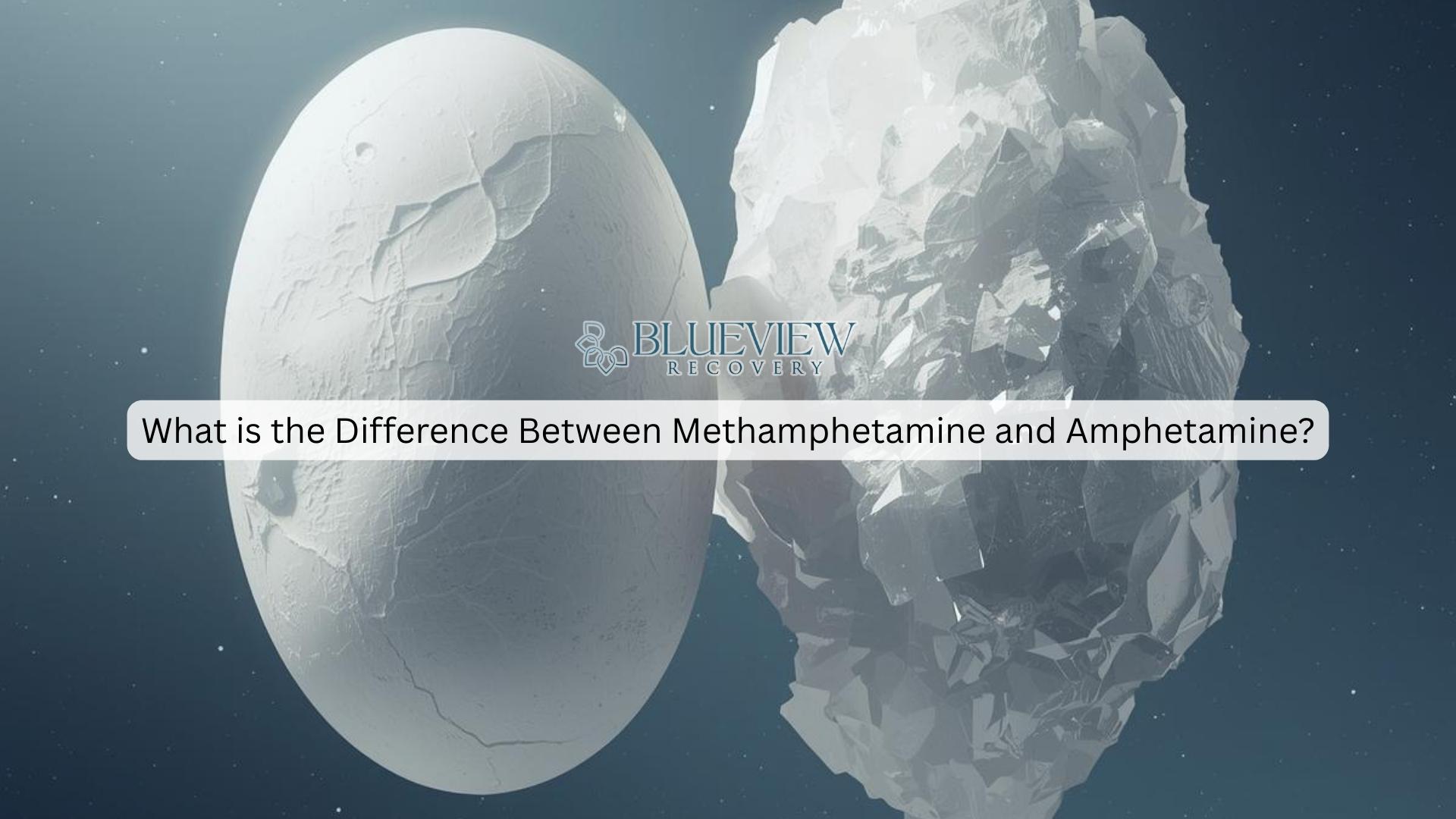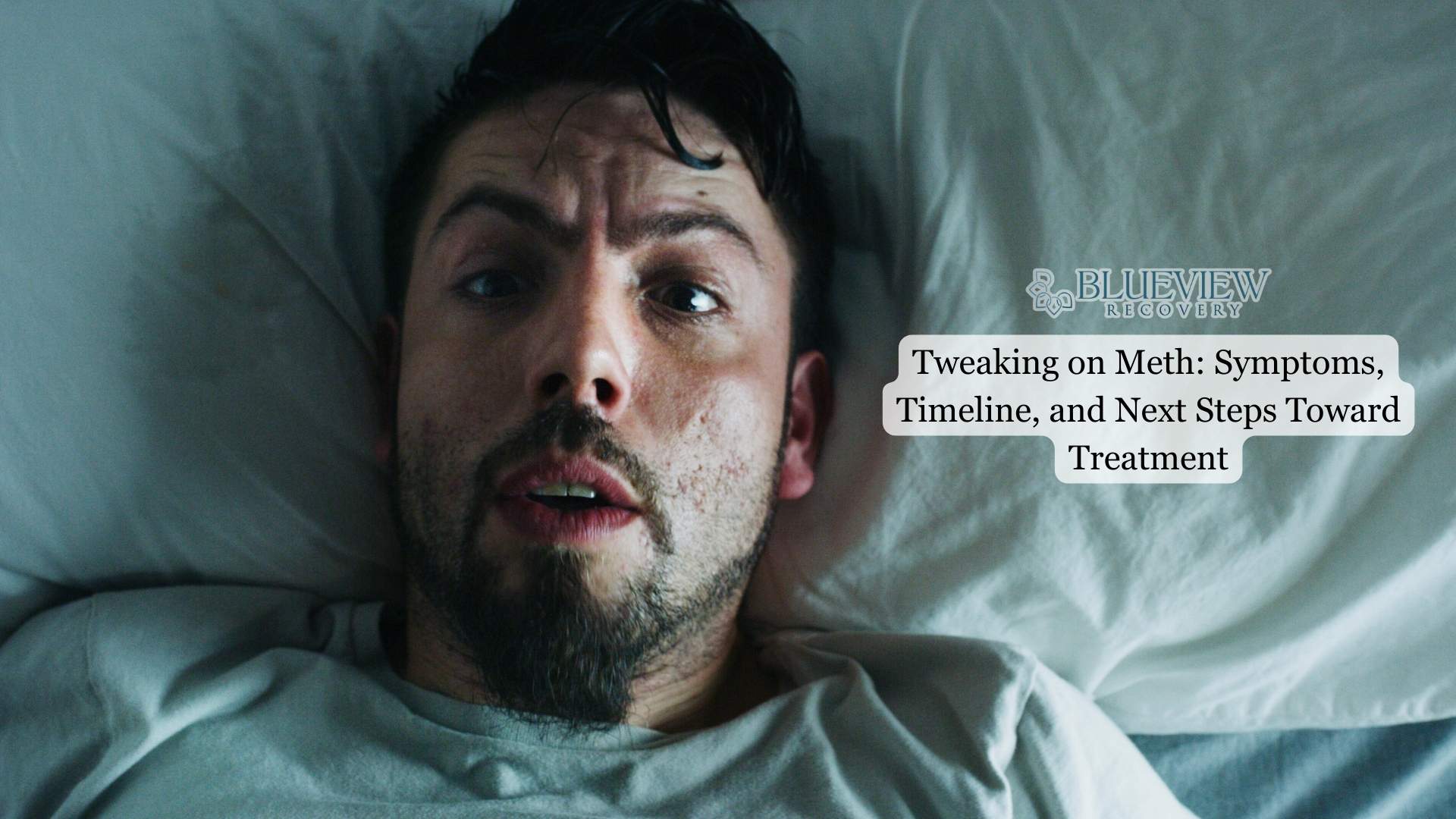Sober living and residential treatment are two distinct approaches to supporting individuals in recovery from substance abuse. Choosing the right recovery path after addiction treatment can be challenging, especially when choosing between the two. Understanding the differences between these options is crucial to finding the support that best fits your unique needs and goals.
This article will explore the key differences between sober living and residential treatment and examine the benefits and challenges of both paths, giving you the insight needed to make an informed decision about which environment is the right fit for your recovery journey.

What is Residential Treatment?
Residential treatment, or inpatient rehab, comprehensively addresses substance use and mental health conditions by providing 24/7 medical supervision in a residential treatment center. Patients participate in evidence-based therapies like cognitive-behavioral therapy (CBT) and counseling to tackle addiction’s root causes.
Stays range from 30 days to several months, and studies show that this treatment option effectively reduces substance use and improves mental health. Success depends on addiction severity, mental health, and commitment. Aftercare and support are vital for preventing relapse during long-term recovery.
What is Sober Living?
Sober living programs provide structured transitional housing for individuals in early recovery, bridging the gap between intensive inpatient treatment services and independent living. Residents must follow rules like maintaining sobriety, adhering to curfews, attending support groups, and undergoing regular drug testing. This sober living environment helps individuals build accountability, healthy routines, and essential life skills while fostering a supportive community of peers who encourage and hold each other accountable.
Though not a replacement for formal addiction treatment, sober living homes are an important part of a comprehensive recovery plan, offering a safe space to gradually reintegrate into society while continuing outpatient care or support meetings. Research shows that those who live in sober homes after inpatient treatment tend to have better long-term outcomes, including higher abstinence rates, improved employment, and stronger social functioning.
Key Differences Between Residential Treatment and Sober Living
These differences highlight how residential treatment and sober living serve distinct but complementary roles in the recovery journey:
Focus
A residential treatment plan provides intensive therapy aimed at addressing the root causes of addiction, while sober living focuses on supporting individuals as they transition back to everyday life and stay sober after formal treatment.
Supervision and Structure
Residential treatment offers 24/7 medical and therapeutic supervision in a highly structured environment. In contrast, sober living homes provide more independence with less supervision but include regular accountability measures such as curfews, drug testing, and peer support.
Living Environment
Residential treatment takes place in treatment facilities with staff always present, whereas sober living offers a home-like, shared living environment with peers.
Duration
Inpatient treatment programs typically last 30 to 90 days, providing short-term but intensive care. Sober living stays are more flexible and often extend for several months or longer, allowing gradual transitioning to independent living.
Daily Life
In residential treatment, daily routines are highly structured with scheduled therapy, counseling, and life skills training. Sober living encourages practicing these skills in real-world settings, allowing residents to work, attend meetings, and handle personal responsibilities.
Cost
Residential treatment is generally more expensive due to its comprehensive care and medical oversight. Sober living is usually more affordable and may be covered by insurance for extended stays.
Ideal Candidates
Residential treatment suits individuals with severe addiction, co-occurring mental health issues, or those needing intensive support. Sober living is best for those who have completed formal treatment and need a supportive environment to maintain sobriety while regaining independence.

Factors to Consider When Choosing Between the Two
When choosing between residential treatment and sober living, key factors include the severity of addiction and co-occurring mental health issues, with residential treatment suited for more severe or complex cases. Readiness for independence is crucial, as sober living offers more autonomy. Practical considerations such as support systems, financial resources, and lifestyle goals also matter.
Residential treatment tends to be more costly and time-intensive, while sober living is generally more affordable and flexible for work or school. Residential treatment provides intensive, structured care, whereas sober living acts as a transitional phase toward full independence. The choice depends on a thorough evaluation of the individual’s unique needs and circumstances.
Here we have a detailed article on sober living vs halfway house to help you understand your transitional housing options.
Final Thoughts from Blueview Recovery
Residential treatment offers intensive, structured care for those requiring comprehensive support, while sober living provides a supportive, transitional environment to practice recovery skills and regain autonomy. These approaches form a continuum of care that enhances long-term sobriety by matching the level of support to each stage of recovery.
Our team of addiction specialists at Blueview Recovery can help you choose which option suits your lifestyle best, provides the appropriate level of care, and prepares you for long-term success on your recovery journey.





